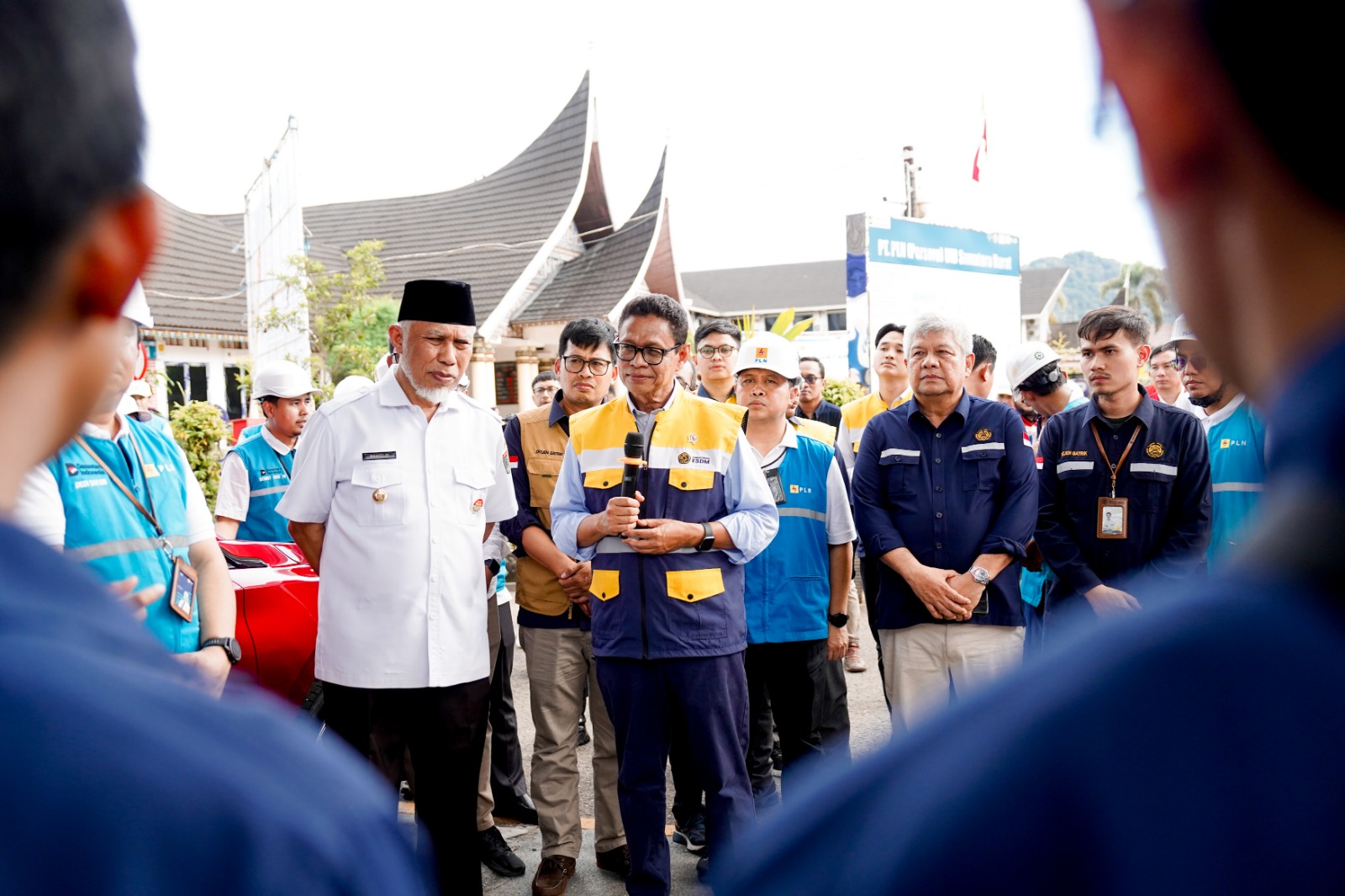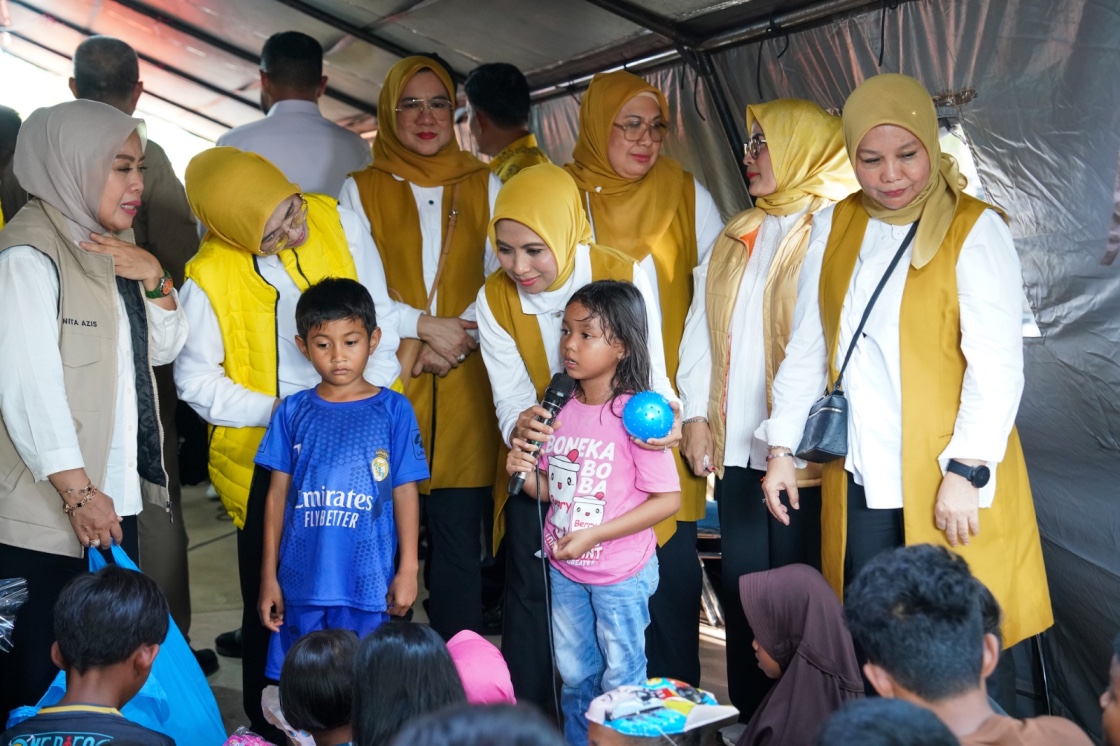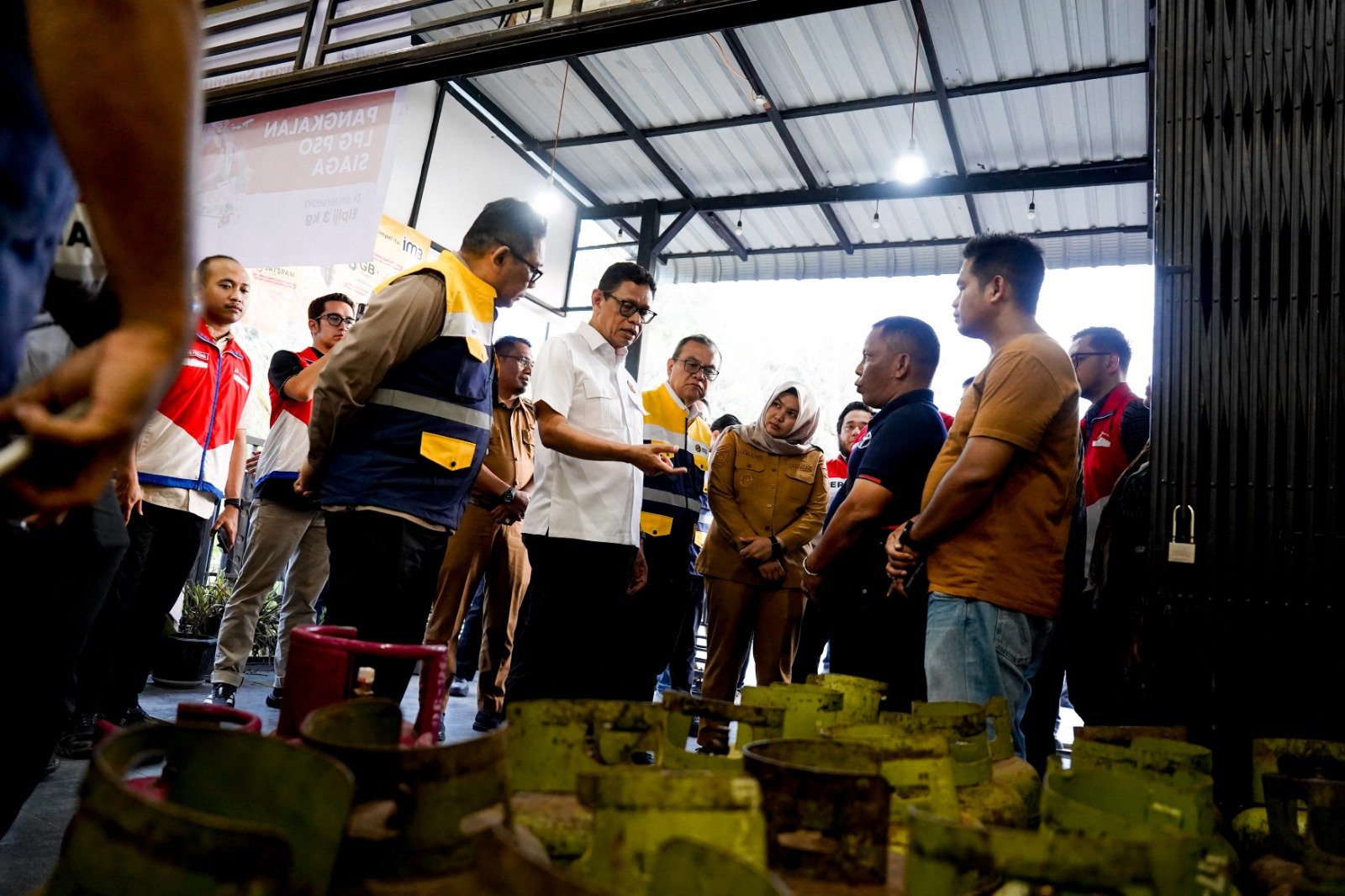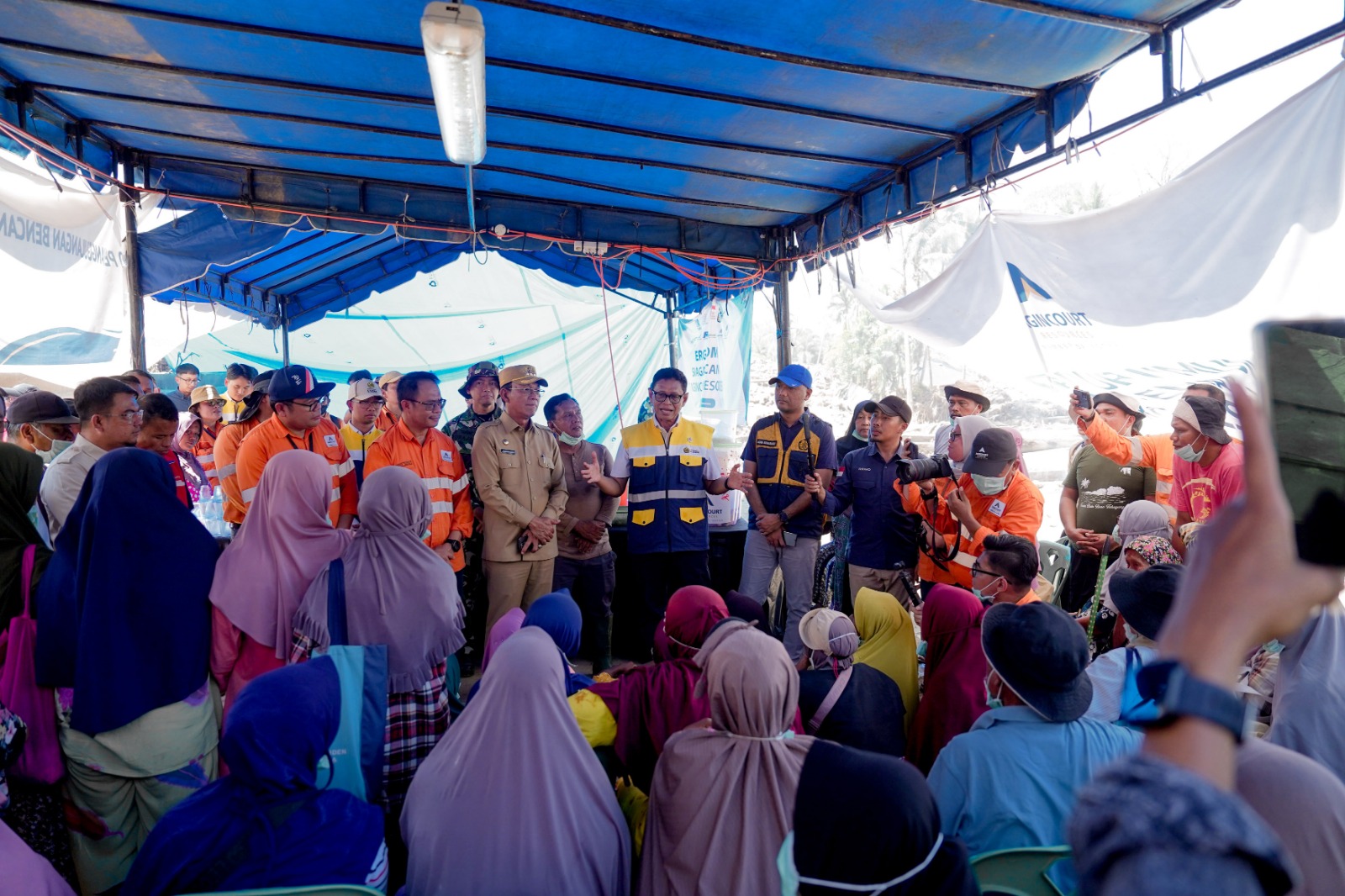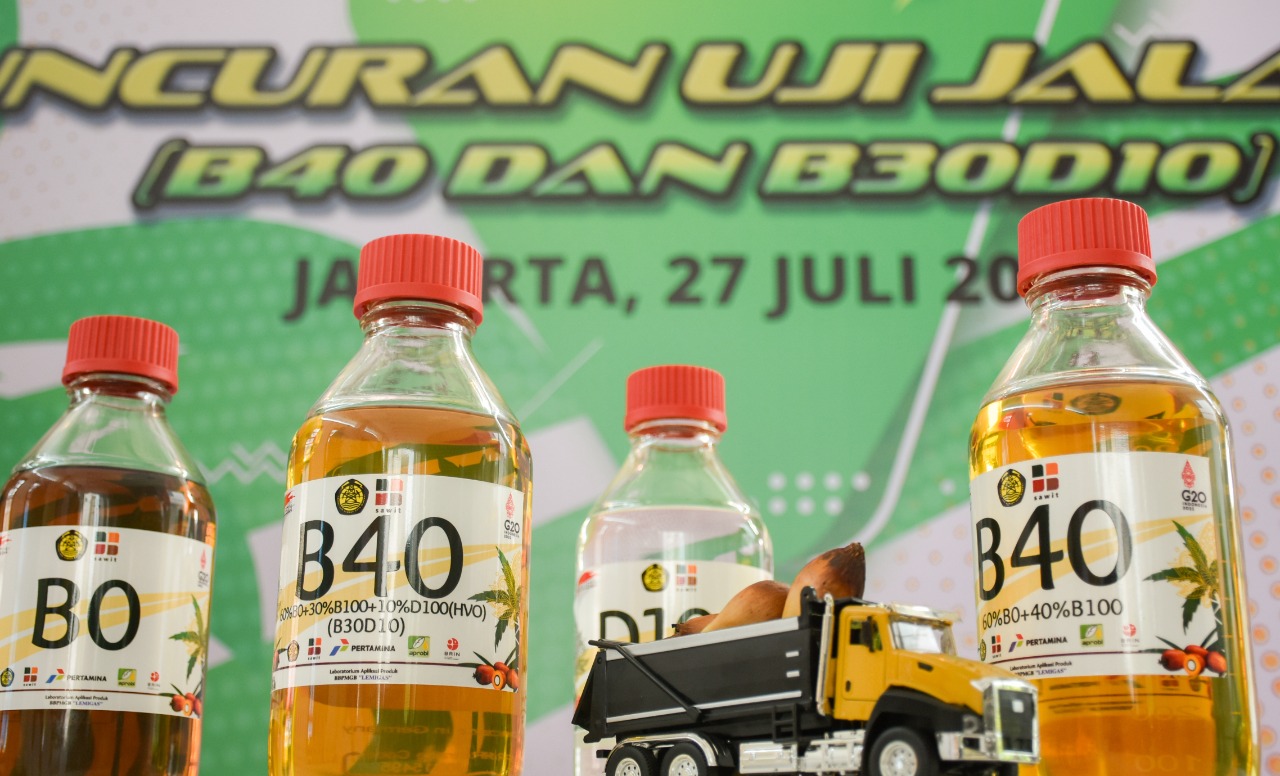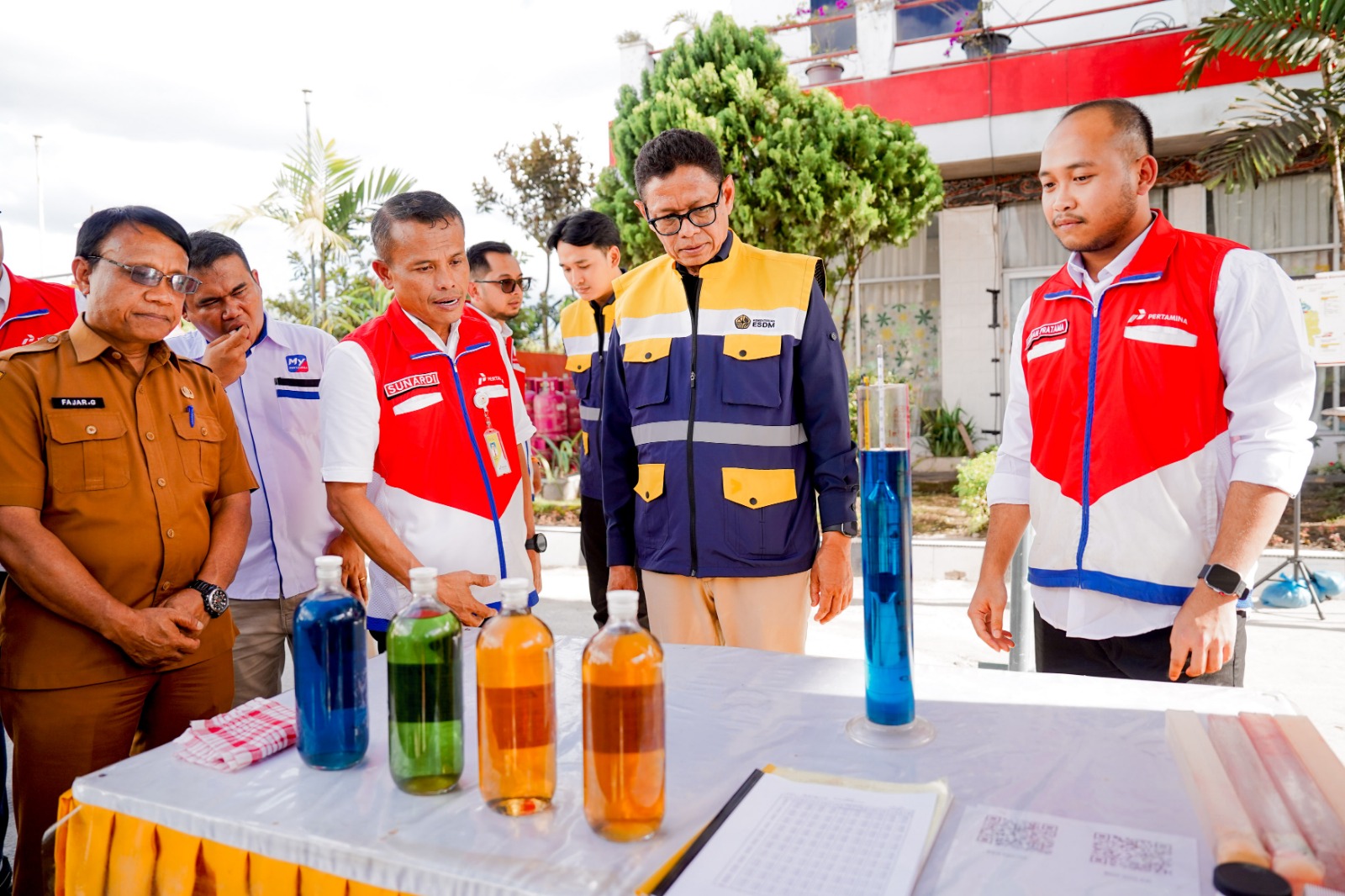Stakeholders are Showing Interest in CCS/CCUS, Says Oil and Gas Director General
MINISTRY OF ENERGY AND MINERAL RESOURCES
THE REPUBLIC OF INDONESIA
PRESS RELEASE
NUMBER: 46.Pers/04/SJI/2022
Date: 28 January 2022
Stakeholders are Showing Interest in CCS/CCUS, Says Oil and Gas Director General
The Indonesian government has continued to increase its oil and gas production to meet domestic needs. On the other hand, it has also continued efforts to reduce emissions towards Net Zero Emission (NZE) by 2060. To strike a balance between the two goals, the use of technologies to reduce emissions, such as Carbon Capture and Storage/Carbon Capture, Utilization and Storage (CCS/CCUS), can become a solution. CCUS can increase oil and gas production through CO2 Enhanced Oil Recovery (EOR) or Exhaust Gas Recirculation (EGR) while significantly reducing greenhouse gas emissions.
"Many international forums discussing the efforts to achieve NZE make CCS/CCUS a key technology to achieve the NZE target. At the national level, stakeholders from both oil and gas and other industries are currently showing interest in developing CCS/CCUS in almost all areas in Indonesia," said Director General of Oil and Gas of the Ministry of Energy and Mineral Resources (EMR), Tutuka Ariadji, when opening a Focused Group Discussion (FGD) titled "Preparation of Draft Regulation of Minister of EMR on the Organization of Carbon Capture, Utilization, and Storage" held in Holiday Inn Hotel Bandung on Tuesday (25/1).
Stakeholder interest in developing CCS/CCUS can be seen in Gundih, Sukowati, Sakakemang, and East Kalimantan Fields as well as the planned CO2-EGR project in Tangguh Field.
To support CCS/CCUS development, Tutuka believes that regulation on CCS/CCUS organization is vital, and thus, is awaited by stakeholders. Therefore, the Directorate General of Oil and Gas has formed a Preparation Team for CCS/CCUS Implementing Regulations, which involves SKK Migas, BPMA, the Bandung Institute of Technology (ITB) CCS/CCUS Center of Excellence, the Lemigas of the Ministry of EMR, Indonesia Petroleum Association, Pertamina, BP, Medco, Repsol, Inpex, ENI, ExxonMobil ConocoPhillips, and Aceh provincial government-owned enterprise PT Pembangunan Aceh (PEMA).
"This team has been working intensively since mid-2021 to prepare the draft ministerial regulation on CCS/CCUS, which includes technical aspects such as CO2 capture, transportation, injection, storage and MRV; economic and monetization aspects as well as legal aspects to encourage the development of CCS/CCUS in Indonesia," said Tutuka.
The Ministry of EMR has also proposed that the CCS/CCUS regulation be put on the priority list for 2022 so that it can be implemented as soon as possible.
Director of Oil and Gas Techniques and Environment, Wakhid Hasyim, added that stakeholders have been involved in the draft preparation early on to ensure smooth implementation of the ministerial regulation. "We also hope the harmonization process runs smoothly because we have involved all parties from the start," Wakhid commented.
Stakeholder inputs during the FGD will be reviewed by the Technical Team and the Legal Affairs Bureau of the Ministry of EMR. "I hope that when the regulation is issued, the use of CCS/CCUS technology will not face any problems. Other industries have been waiting for this technology, for example the coal usage," added Wakhid.
On the same occasion, Rahmat Sule from the ITB said that based on data from the Ministry of Environment, the energy and mineral resources sector has to reduce 314-446 million tonnes of CO2 until 2030. Hard work is needed to meet the target, for example through the use of the CCS/CCUS technology.
"We are trying to regulate all activities of the CCUS. Industry players also need to be protected when carrying out their activities. Therefore, this regulation is very important," said Rahmat.
Rahmat went on to say the use of CCS/CCUS technology in Indonesia will have a positive economic impact. Based on research, Tangguh Field, which is targeted to start using CCUS in 2026, has the potential to store 25 million tonnes of CO2 for 10 years. (IY)
Head of Bureau of Communication, Public Information Services, and Cooperation
Agung
Pribadi (08112213555)
Share This!

